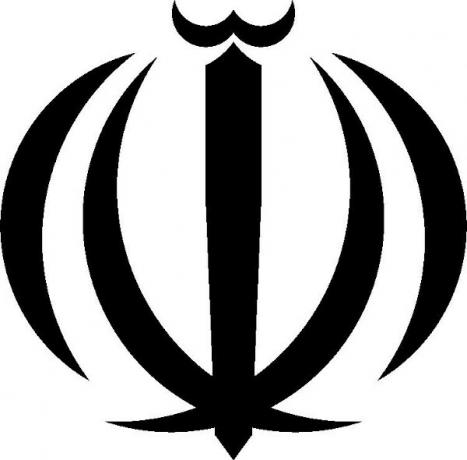In a statement this Wednesday afternoon (7), the president of the Peru, Pedro Castillo, stated that he will dissolve the congress, temporarily, and said that he will adopt a "exception government to restore the rule of law and democracy".
Castillo also announced that he will call new elections and decreed a curfew between 10 pm and 4 am starting today (7). The head of state's message was broadcast on national television.
Political crises in Peru are recurring. There are already six presidents since 2016.
What is a state of exception?
The state of exception is "when certain circumstances give rise to the temporary suspension of the constitution, of all the rights of the constitutional regime", says political scientist Ludmila Rosa.
According to Rosa, the modulations of effects and circumstances of the state of exception can be different in each constitutional charter.
The central idea of this process is the suspension of the constitution in times of crisis, says historian Yordanna Lara.
"The state of exception is a legal tool. Which is also a big contradiction of capitalism. And, historically, it's been a coup tool. It is about suspending the rule of law through law. Generally this resource is used in case of “threat to public order”, “to the nation”. It is established so that the Executive can act with “promptness”, “promptness”, “energetic”.
Yordanna Lara - Historian and Master in Social Anthropology
The theme refers to cases in which the legislation provides that citizens cannot rely on the laws to defend themselves, completes Yordanna.
The movement of people (right to come and go) can be restricted during this process.
Among the actions taken in the state of exception are:
curfews;
Arrests without a court order;
Telephone communications can be tapped.
Read too: what is the democratic rule of law
Do not stop now... There's more after the publicity ;)
Impeachment and arrest of Pedro Castillo
On the afternoon of this Wednesday (7), the Congress of Peru approved the impeachment of President Pedro Castillo. The politician was detained by the Peruvian Federal Policy.
There were 101 votes in favor, 6 against and 10 abstentions.
Vice-president Dina Boluarte will take office today (7), according to the president of Congress, José Williams. She must take an oath at 15:00 (local time, 17:00 GMT). She had denounced a "coup d'état" after Castillo's speech. The term must be completed by July 2026.
The "permanent moral incapacity", alleged by congressmen opposing Castillo, is provided for in Article 113 of the Peruvian Constitution as a legal reason for dismissal.
Know more:what is an impeachment, origin and how it happens
By Lucas Afonso
Journalist
Image credit:
[1] Salma Bashir Motiwala | Shuttestock



